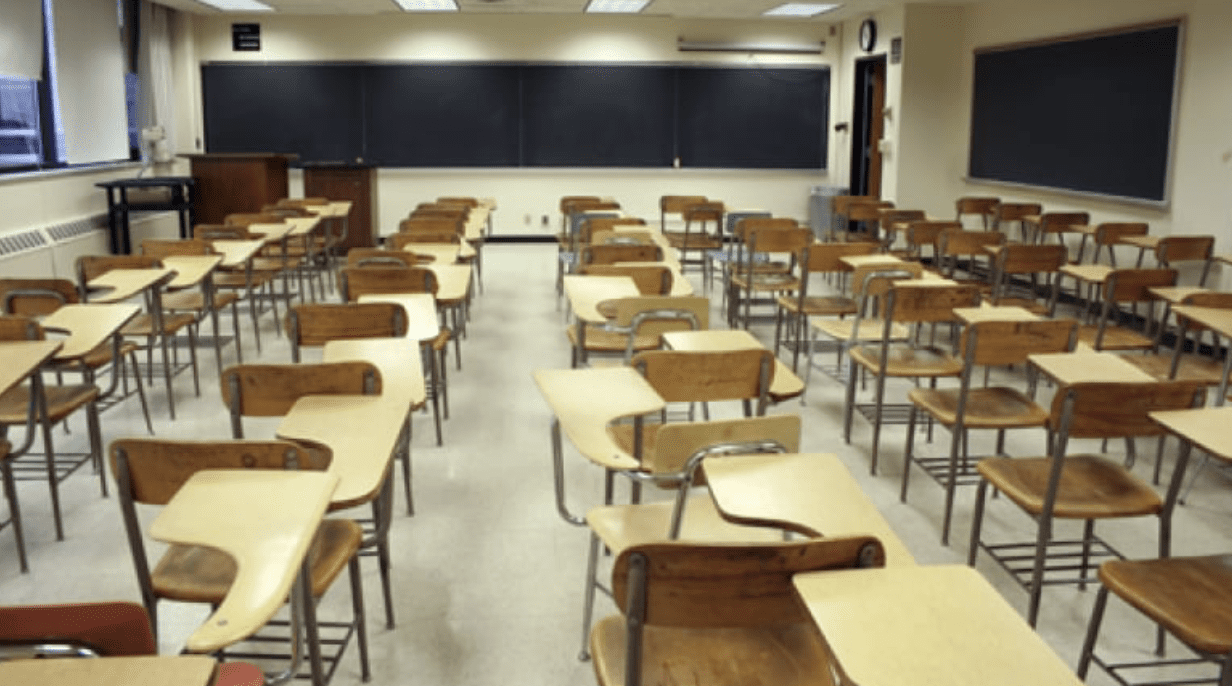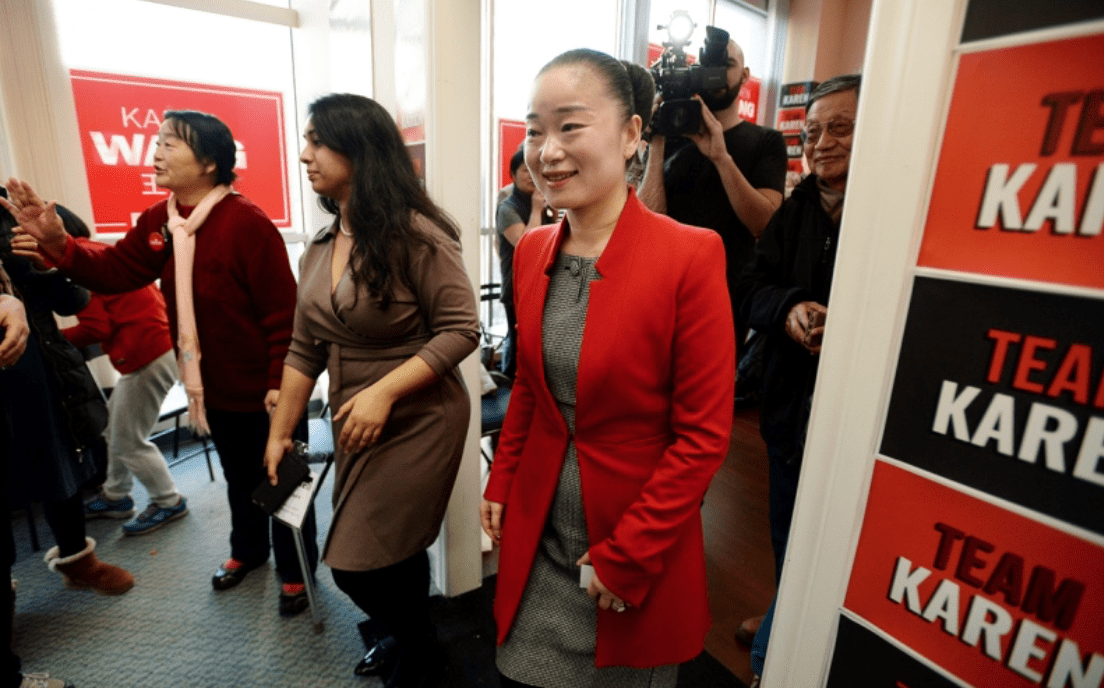Catholic school boards in Alberta are not shy about sticking their heads above the parapet, despite the number of spears and rocks hurled from opponents.
The most recent simmering controversy is over employment agreements teachers at Catholic schools are required to sign, some of which require employees to live a Catholic lifestyle. Education Minister David Eggen has asked for copies of these agreements to determine if they discriminate against LGBQT teachers.
"The courts have told us that we have to be Catholic or there's no reason for us to exist," Alberta Catholic Schools Trustees' Association president Serena Shaw told the Edmonton Journal. "And this is one of many ways that we are Catholic. We expect people to live Catholic lifestyles."
The Public School Boards' Association of Alberta have jumped on the issue, saying the religious requirements are discriminatory and should stop. Last fall this association launched a campaign called Together for Students urging the amalgamation of school systems in the province, thus eliminating the publicly funded Catholic system.
This latest dustup continues a spirited debate involving Catholic educators, secular education proponents and the provincial government. Every few years, some government initiative related to sex education, public health or human rights prompts a response from the Catholic system.
Catholic boards and the church initially bucked the province over its law giving students the right to create GSAs, Gay-Straight Student Alliances. Calgary Bishop Fred Henry called them "highly politicized ideological clubs" in 2016.
Eventually Catholic boards across Alberta instituted the required policies to support GSAs.
Ten years ago some Catholic boards in the province opted out of an Alberta Health initiative to vaccinate students against HPV. The vaccination promoted premarital sex, argued church leaders.
Those push-backs may have been a thorn in the side of education ministers, but for a province facing declining oil and gas revenues and an ever mounting debt, the basic issue of cost efficiency also comes into play.
Duplicated administrations, school boards, transportation, schools, the extra cost of religious instruction, all get cited by opponents of the Catholic system.
Estimation of the amount of money that could be saved by eliminating public funding for the Catholic system varies widely. Catholic leaders argue there would be no savings — more or less the same number of children would still need to be educated in an amalgamated public system unless all the parents opted for a private education option (and in Alberta private schools also receive a pretty generous amount of funding per student from the government).
Amalgamation-fan estimates vary anywhere from $60 million to $260 million in terms of efficiencies that would be realized.
David King, who served as Alberta's education minister from 1979 to 1986, and who later spent 20 years as executive director of the Public School Boards Association of Alberta, is one of the most vocal activists for amalgamation. King argues for a unified system in which Catholic programs could be offered as an alternative, much the way alternate language programs are offered now. He calls the current Catholic system in Alberta an out-of-date relic.
King has launched an online campaign, IDEA: Inclusive, Diverse Education for All, proposing a merger.
There's no great magic to having two fully funded systems despite all the historical context Catholic educators load into their defence of the system. While Catholic education is enshrined in the 1905 Alberta Act, several other provinces have vaulted over constitutional hurdles quite handily to eliminate separate schools.
Now only Ontario, Alberta and Saskatchewan have fully funded Catholic systems. And the Saskatchewan system is under threat thanks to a protracted court fight on whether the public purse can be used to fund non-Catholic students attending Catholic schools in that province.
While the Alberta debate is bubbling along blithely under the surface, it has yet to erupt full blown in the political stew.
The reason, of course, is votes.
The closest thing to a politician urging an open debate on the issue is King, and he's been out of the political game for a very long time.
In Alberta more than one in four students go to a Catholic school. That's a pretty big constituency to tick off, especially in an election year. And the 'parents rights' movement swinging education farther to the right is a natural ally of the United Conservative Party. That movement favours choices including religious-based education.
So while the Catholic system may continue to be an irritant for individual education ministers, politicians in general don't want the headache of unravelling the system no matter how big a budgetary solution it might for the province's beleaguered finances.
Like the imposition of a sales tax in Alberta, eliminating Catholic school funding is still a no-go zone in the political arena.








